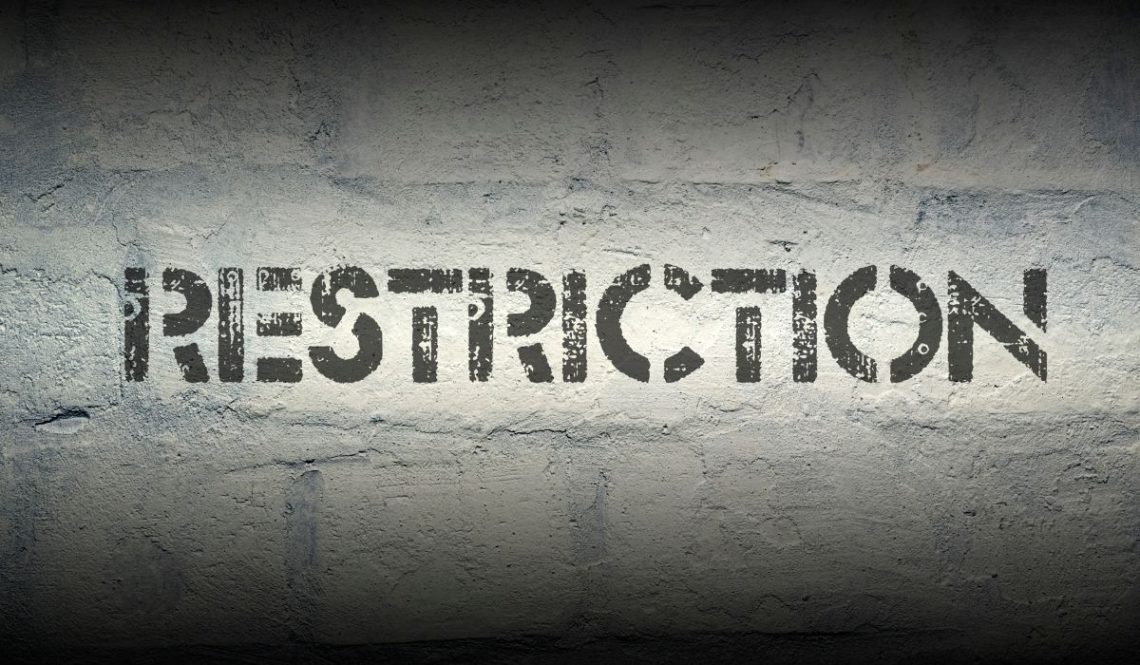
What Is A Restriction In A Franchise Business | SkillsAndTech
Franchising is an exciting business model for new entrepreneurs looking for a less risky option to have their own business and for business owners to expand their reach easily.
It benefits both sides and gives great learning opportunities to the franchisee. You get everything ready, from the concept of how to run it to the customer base.
Even though you will be the sole owner of your own branch and run it on your own, you still need to agree to certain rules and restrictions.
See Also: What Are Royalty Fees In Franchise
The franchisor creates its own guidelines, rules, and restrictions for the franchisee so that the franchisee won’t destroy their brands and provide the same quality.
See what those restrictions are and other details regarding the restrictions in a franchise business.
Table of Contents
What Are The Restrictions In A Franchise Business?
Even though franchising is an easier method of owning a business, it does come with a bunch of restrictions for the franchisee to follow, which might make it hard for some to follow.
These restrictions consist of protecting the goods and services the branch provides and the brand’s intellectual property rights.
The main aim of these restrictions is to make sure that the franchisee provides the same quality as the original business.
See Also: What Is A Franchise Business Consultant
How these restrictions shape or what restrictions a franchisor can put into effect is mostly regulated by law in most states.
The franchisor has to put restrictions by law and can’t go in extremely deep if the franchisor chooses to put extra restrictions.
These restrictions must be protected by law both for the franchisee and the franchisor.
Restriction Details
See Also: Mac Cosmetics Franchise
Restrictions in a franchise business come with wide varieties, as the franchisor needs to monitor everything.
Even though these might depend from brand to brand, most restrictions can fall under certain categories to ensure brand consistency.
1. Infrastructure
When choosing the branch site, it has to be pre-approved by the original brand.
See Also: Blue Bottle Coffee Franchise
Generally, these companies have their own guidelines, which they know work the best, so you have to obey those guidelines.
Otherwise, your location will not get the approval, and you can’t be a franchisee for that brand.
Apart from the location, you also must follow the brand’s restrictions and guidelines with the store’s appearance.
Since it belongs to the brand, it must represent the branding of the brand as much as possible. This comes with restrictions as to what you can and can’t do.
2. Territory
See Also: Neel David’s Salon
If you’d like to expand your locations of the same brand as a franchisee, you will have additional restrictions and guidelines to follow.
When that is the case, even the Bureau of Consumer Protection may restrict you from owning your own website to not compete with locations in other close borders.
All the new locations must also follow the existing guidelines and restrictions.
If you have a master franchise license, you might already have prior approval to open more locations within your area.
See Also: Tea Tiffin Franchise
In this case, the franchisor has the right to sell directly to your customer within your area without your existence in between.
According to the Bureau of Consumer Protection, the website restriction applies to both scenarios.
3. Operation
See Also: Hunger Out Pizza Franchise
To ensure that the brand consistency will be there and that you will not damage the brand in any way, you must sign an agreement.
This will put a restriction on the products and services you sell, as well as how you operate in general to keep consistency.
You will have a pre-approved plan by the franchisor that you must follow every step of the way.
You will also have no saying in the marketing materials, decorations, uniforms, training, bookkeeping, and every other step in the business.
See Also: Denim Hut Franchise
This means that you will have full restriction from changing anything without approval from the franchisor.
5. Local Licenses
Every state, city, and local ordinance has its own laws regarding the permits and licenses that a franchisee must obtain.
This falls under the responsibility of the franchisee. The franchisee must do the research and get all the necessary papers done before opening the branch.
See Also: KCM Cakes Franchise
This also applies to local and state-level taxes because they will be your responsibility even though the bookkeeping features are restricted.
This makes it a big restriction as you will have to get every license and permit that the franchisor needs to provide you with the same trademark items, even if it’s not financially feasible to do so in your location.
The Verdict
Franchising is a complicated business with many regulations, rules, and restrictions for the franchisee.
See Also: Is Owning A Franchise Worth It
Every step of the way, you will have restrictions that are blocking you from operating your business with total freedom.
From the territory your store will be into the decorations you will put on your store, you will have total restrictions by the franchisor.





2 Comments
Pingback:
Pingback: